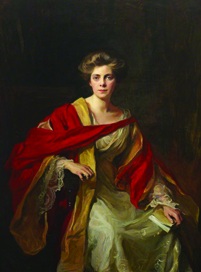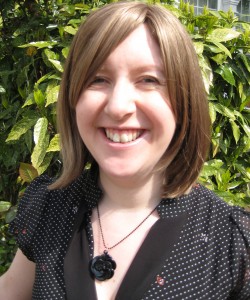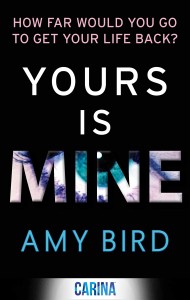This post was contributed by Professor David Latchman CBE, Master of Birkbeck.
Nearly 200 years since George Birkbeck established our institution to provide education to working Londoners, I am able to announce the excellent news that Birkbeck has been shortlisted for the Times Higher Education University of the Year Award. Following closely on the heels of this year’s National Student Survey, where our students voted us number one for overall student satisfaction in London, our new academic year is getting off to a good start.
The University of the Year Award is based on the 2012/13 academic year. Even by Birkbeck standards, that was quite a year for us as we saw a 45% downturn in our core part-time undergraduate degree enrolments following the major changes to the funding of universities in England. The award entry focuses on this crisis, and says:
“The College knew it had to adapt quickly or face an extremely uncertain and unstable future. By autumn 2013, Birkbeck had achieved unimagined and unanticipated success with a 335% increase in acceptances recorded by UCAS, the biggest growth in the sector. Survival was secured by the rapid expansion of a new Birkbeck proposition – a three-year, intensive, evening-taught degree, made available through UCAS. A well-conceived academic proposition and powerful marketing of a distinctive message through the unfamiliar UCAS pipeline generated soaring demand. Clear leadership, energetic cross-College advocacy and a whole institution determination to succeed ensured students arrived in the classroom in record numbers. Birkbeck was saved and a flexible, potentially sector-changing style of higher education has arrived.”
You can read more about our University of the Year submission on our news section. The winner will be announced on 27 November, and in the meantime please voice your support for Birkbeck in the comments section below, or at #unioftheyear on Twitter, Facebook, Google+ and LinkedIn.
. Read all 3 comments . Category: Arts, Business Economics and Informatics, Higher education, Science, Social Sciences History and Philosophy . Tags: evening study, part-time students, Stratford, Times Higher Education Awards, University of the Year





